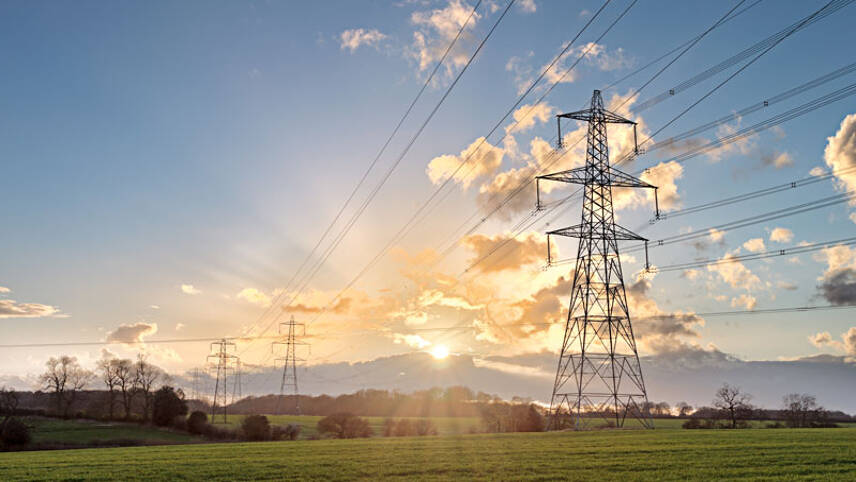We read so much about the need for generation capacity these days that it's easy to ignore the fact that such capacity is useless if adequate grid connections are absent. This is a helpful reminder. Reposted from Edie.

That is according to a new analysis from TransitionZero, which estimates global savings of $3trn to result from concerted plans to modernise and scale grids through 2040 as an alternative to building more expensive solutions.
The estimate is based on modelling of power grids in 163 nations which collectively represent 99% of the global population.
In its model, TransitionZero assessed the likely impact of nations making additional transmission infrastructure investments totalling $1.7trn over the next 16 years. This funding would need to be allocated strategically to optimise outcomes.
TransitionZero’s conclusion was that electricity costs could be cut by $3trn, with savings more than offsetting the spend.
More than half of these savings (almost $1.6trn) would be realised in North America, which needs to at least double its grid capacity by 2040. This market also needs to reinforce existing cables as a matter of urgency.
Around $71bn of this investment would need to be made in Europe, the study found. This would lead to savings in excess of $350bn.
Elsewhere, the Middle East could see savings of more than $980bn and China could see savings of $557bn.
China has been a leader in expanding and modernising its grid over the past ten years, accounting for a third of global transmission expansions. But it still needs to add a further 500GW of transmission and interconnector capacity to support its climate targets and energy security goals, according to TransitionZero.
TransitionZero’s chief executive and co-founder Matthew Gray said: “Our main enemy is time – there’s no time for missteps. For climate targets to be met, the effective build-out of transmission infrastructure, underpinned by open data is critical.
“Moreover, governments need to grasp that a decision not to invest in the grid, is a decision to build more expensive capacity, such as nuclear and biomass.”
International Energy Agency warning
The news from TransitionZero comes shortly after the International Energy Agency (IEA) published its own study into the need for electricity grid upgrades.
The IEA concluded that investment in grids has “remained broadly stagnant” since the Paris Agreement was ratified in 2015, at around $300bn per year.
This funding level will need to double to $600bn by 2030 if the world is to have any chance of delivering an energy transition aligned with the Paris Agreement’s 1.5C or ‘well-below’ 2C pathways. Otherwise, renewable generation simply will not be able to come online rapidly enough, and sectors such as transport and heat will be too slow to electrify.
Some 1,500GW of renewable energy projects are already waiting for grid connections globally by the IEA’s estimates.
The IEA emphasised that regulatory reforms will be key to tackling this bottleneck and scaling grid investment.
Reforms are already underway in the UK, through collaboration between the Government, the National Infrastructure Commission, energy regulator Ofgem and grid operator National Grid.
Chancellor Jeremy Hunt announced this week an ambition to halve the average project duration time for constructing transmission infrastructure, to seven years. To prevent local opposition from blocking these plans, homes near new infrastructure have been promised discounted energy bills.
Hunt also touted plans to reduce connection times for new power generation projects by 90%.
No comments:
Post a Comment